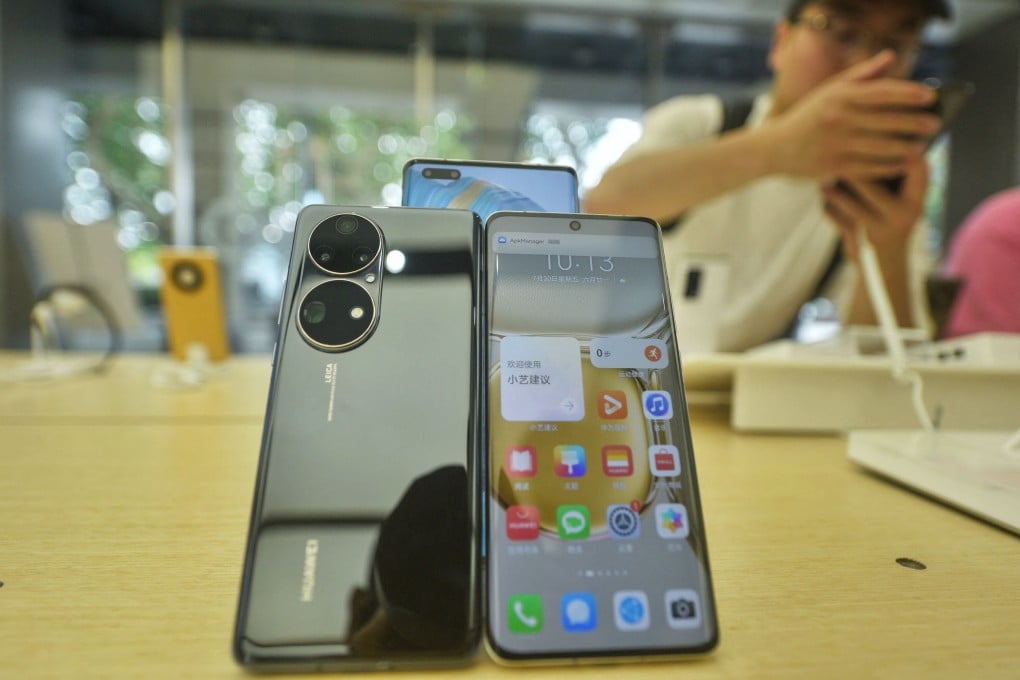Advertisement
Huawei starts to sell used smartphones, license handset designs amid its struggle with US trade sanctions
- Telecommunications giant Huawei is now offering various refurbished Android smartphone models at its online store Vmall
- Partner TD Tech recently launched presales of its N8 Pro smartphone, which resembled Huawei’s own nova 8 Pro 5G handset
Reading Time:2 minutes
Why you can trust SCMP
2

US-blacklisted Huawei Technologies Co is now selling refurbished smartphones and licensing its handset designs to partners amid the company’s ongoing struggles to access advanced semiconductors for manufacturing its various devices.
Shenzhen-based Huawei last week started offering a number of reconditioned Android smartphone models – each with a brand-new battery, the firm’s self-developed Harmony OS 2.0 platform and one-year warranty – on its online store Vmall.
A partner, TD Tech, also launched presales on Vmall of its smartphone named N8 Pro, which resembled Huawei’s own nova 8 Pro 5G handset. The TD Tech handset is powered by the Kirin 985 5G chip from HiSilicon, the semiconductor design unit of Huawei.
Advertisement
Although the N8 Pro was quickly removed from Vmall after generating interest among consumers online, it showed that Huawei has already initiated efforts to license its handset designs to third-party vendors.
The sale of second-hand devices and the N8 Pro reflect Huawei’s latest tactical moves to expand its revenue sources, while working to stay relevant in the global smartphone market.

05:22
Huawei founder on cybersecurity and maintaining key component supply chains under US sanctions
Huawei founder on cybersecurity and maintaining key component supply chains under US sanctions
Huawei said it had no comment.
Advertisement
Advertisement
Select Voice
Select Speed
1.00x